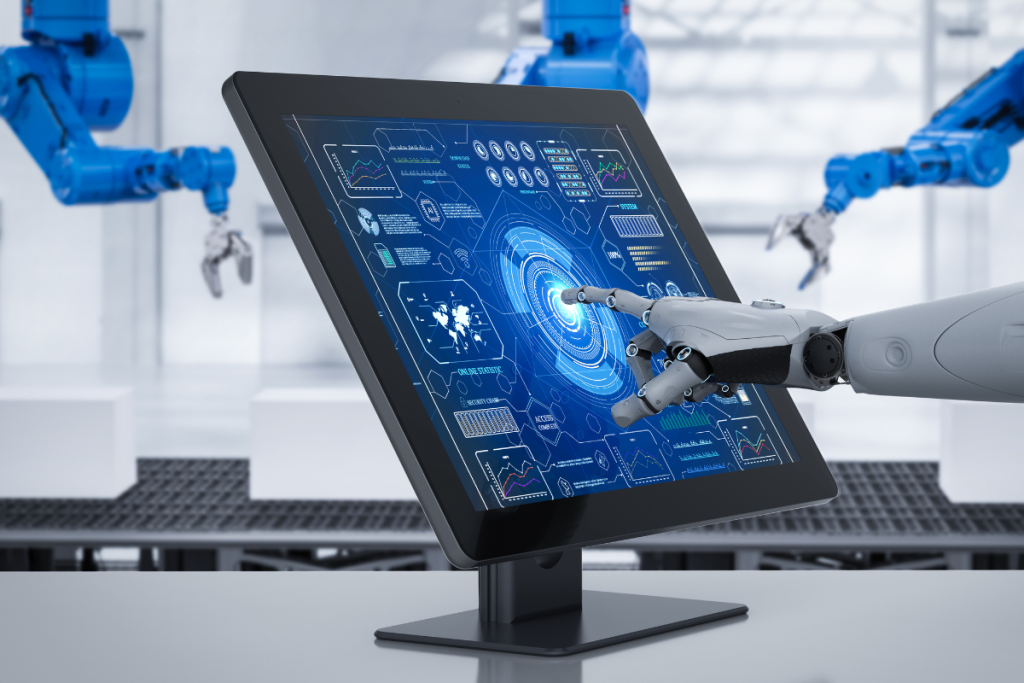According to Deloitte’s 2025 Global Chief Procurement Officer Survey, companies that paired technology with capability-building across teams outperformed peers across every major metric. Procurement functions identified as “Digital Masters” exceeded or met targets for cost savings (96%), cost avoidance (94%), and internal stakeholder satisfaction (84%)—outpacing followers by as much as 25 points.
Technology Alone Doesn’t Deliver Execution Does
Innovation enablement showed the sharpest divide, with 56% of leaders hitting goals, compared to just 24% of peers. What sets these leaders apart isn’t access to tools, but how they rewire procurement workflows to embed generative AI, advanced analytics, and human decision-making into a cohesive operating model.
The role of generative AI in procurement has moved well beyond experimental pilots. AI agents powered by large language models are being trained to reason, retain memory, and interact with live data sources. But the technology is only as valuable as the team applying it. Deloitte emphasizes that digital literacy, understanding when to deploy AI, where human oversight remains critical, and how to integrate knowledge across systems, is now a core procurement competency.
Performance Resilience Now Starts With Procurement
External volatility, from inflation and trade tension to regulatory pressure, has made procurement’s role in enterprise performance more central than ever. Deloitte’s survey shows a shift toward proactive resilience: 74% of CPOs identified supplier diversification as a top mitigation strategy, while 64% focused on improving visibility across the supply chain and 61% prioritized enhanced information sharing with suppliers.
These approaches are supported by investments in data-driven collaboration, simulation tools, and predictive risk modeling. Procurement teams with mature digital capabilities are applying AI not just for efficiency, but to build contingency plans, anticipate disruptions, and reallocate resources in real time. The performance payoff is material: Digital Masters reported a 2.8x return on Gen AI investments, nearly double the 1.6x return seen by slower-moving organizations.
Deloitte’s analysis reflects a deeper shift. High-performing teams are not automating for the sake of speed, they are redesigning the procurement function to be more agile, knowledge-driven, and strategically aligned. That includes rethinking talent strategies to attract, upskill, and retain professionals who can operate at the intersection of technology and supply markets.
From Digital Adoption to Enterprise Integration
The next frontier in procurement isn’t about adopting more technology, it’s about embedding digital intelligence into the fabric of enterprise decision-making. As AI tools mature, their greatest impact won’t come from isolated efficiencies but from how they influence upstream choices – which suppliers to grow with, which risks to hedge, which innovations to scale. That requires procurement to step beyond functional transformation and shape how the business allocates capital, manages volatility, and competes. The value of digital lies not in the tool, but in the leverage it creates.



